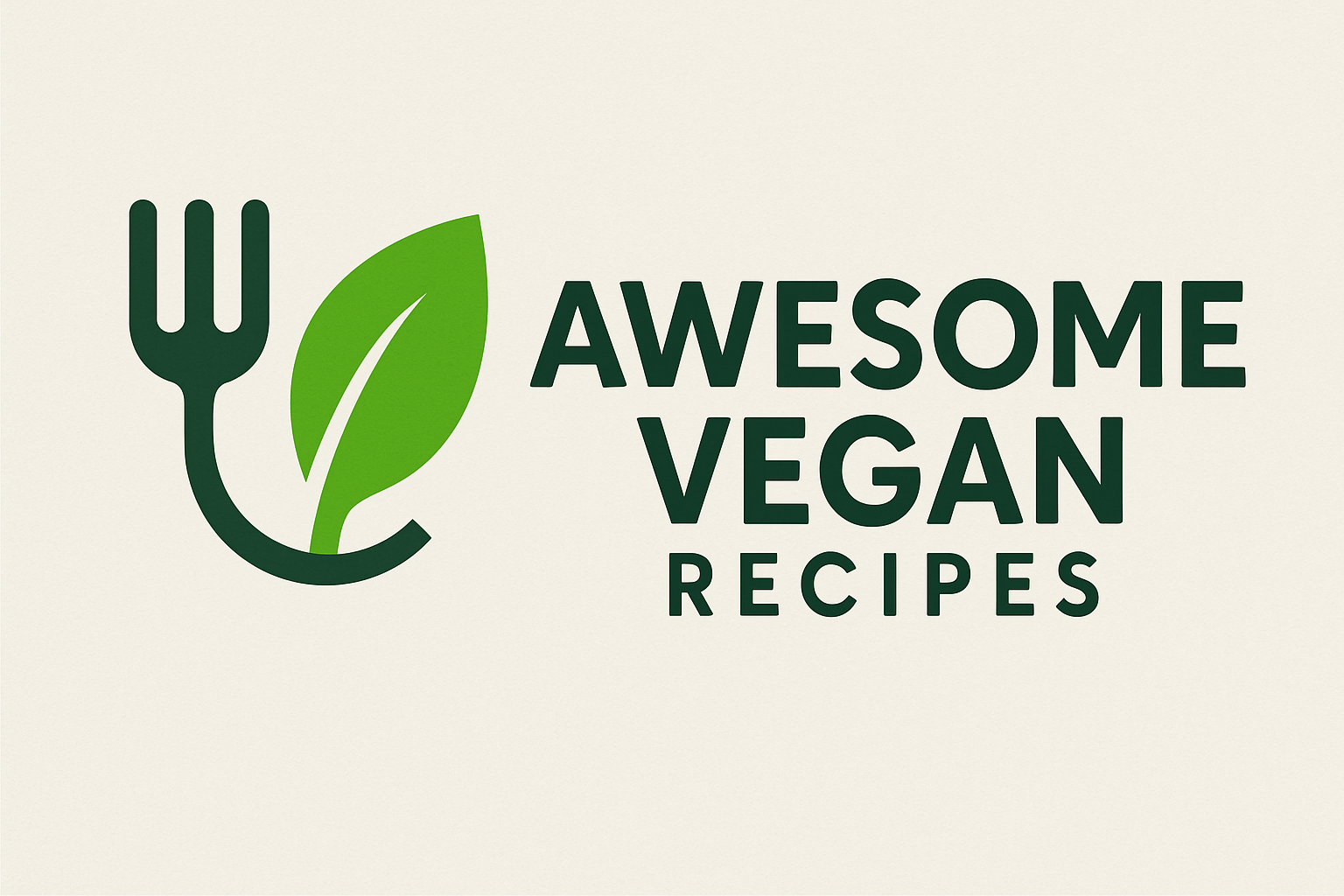How a Vegan Diet Can Lower Your Cholesterol Levels
How a Vegan Diet Can Lower Your Cholesterol Levels
Cholesterol is a waxy, fat-like substance that is found in every cell of your body. It is essential for the production of hormones, vitamin D, and bile acids that help digest fat. However, high levels of cholesterol in the blood can increase your risk of heart disease and stroke. One of the most effective ways to lower your cholesterol levels is by adopting a vegan diet.
Understanding Cholesterol
Cholesterol is divided into two main types: low-density lipoprotein (LDL) and high-density lipoprotein (HDL). LDL cholesterol is often referred to as “bad” cholesterol because it can build up in the walls of your arteries, leading to atherosclerosis. HDL cholesterol, on the other hand, is known as “good” cholesterol because it helps remove LDL cholesterol from the blood.
When you consume a diet high in saturated fats and trans fats, your LDL cholesterol levels can increase, putting you at a higher risk of heart disease. Animal products, such as meats, dairy, and eggs, are high in these unhealthy fats, making it essential to limit your intake if you want to lower your cholesterol levels.
Benefits of a Vegan Diet for Cholesterol
A vegan diet is a plant-based diet that eliminates all animal products, including meat, dairy, eggs, and honey. Instead, it focuses on fruits, vegetables, whole grains, legumes, nuts, and seeds. Adopting a vegan diet can have several benefits for your cholesterol levels:
1. Low in Saturated Fats: Plant-based foods are naturally low in saturated fats, which can help lower your LDL cholesterol levels. By avoiding animal products, you can significantly reduce your intake of these unhealthy fats and lower your risk of heart disease.
2. High in Fiber: A vegan diet is rich in fiber, which can help lower your cholesterol levels by binding to cholesterol and carrying it out of your body. Whole grains, legumes, fruits, and vegetables are excellent sources of fiber that can promote a healthy heart.
3. Antioxidants and Phytonutrients: Plant-based foods are rich in antioxidants and phytonutrients, which have been shown to reduce inflammation and improve heart health. These compounds can protect your cells from damage and prevent the buildup of plaque in your arteries.
4. Omega-3 Fatty Acids: While omega-3 fatty acids are commonly associated with fish, plant-based sources such as flaxseeds, chia seeds, walnuts, and algae are equally beneficial for your heart. These healthy fats can help lower your cholesterol levels and reduce your risk of heart disease.
Tips for Lowering Your Cholesterol on a Vegan Diet
If you are looking to lower your cholesterol levels on a vegan diet, here are some tips to help you get started:
1. Limit Processed Foods: While vegan alternatives such as mock meats, cheeses, and desserts can be tasty, they are often high in saturated fats and added sugars. Instead, focus on whole, plant-based foods to support your heart health.
2. Include Nuts and Seeds: Nuts and seeds are excellent sources of healthy fats, fiber, and antioxidants that can help lower your cholesterol levels. Incorporate a variety of nuts and seeds into your meals and snacks for added heart benefits.
3. Eat Plenty of Fruits and Vegetables: Aim to fill half your plate with fruits and vegetables at every meal. These nutrient-dense foods are low in calories and high in fiber, vitamins, and minerals that can support your overall health.
4. Choose Whole Grains: Swap refined grains for whole grains such as quinoa, brown rice, oats, and whole wheat to increase your fiber intake and lower your cholesterol levels. Whole grains can help regulate your blood sugar levels and promote a healthy heart.
5. Stay Hydrated: Drinking plenty of water throughout the day can help support your cardiovascular health by promoting proper circulation and eliminating toxins from your body. Aim to drink at least eight glasses of water daily to stay hydrated.
In conclusion, adopting a vegan diet can be a powerful way to lower your cholesterol levels and reduce your risk of heart disease. By focusing on whole, plant-based foods and avoiding animal products high in saturated fats, you can improve your overall health and well-being. Make simple changes to your diet and lifestyle to support your heart health and enjoy the benefits of a vegan lifestyle.






